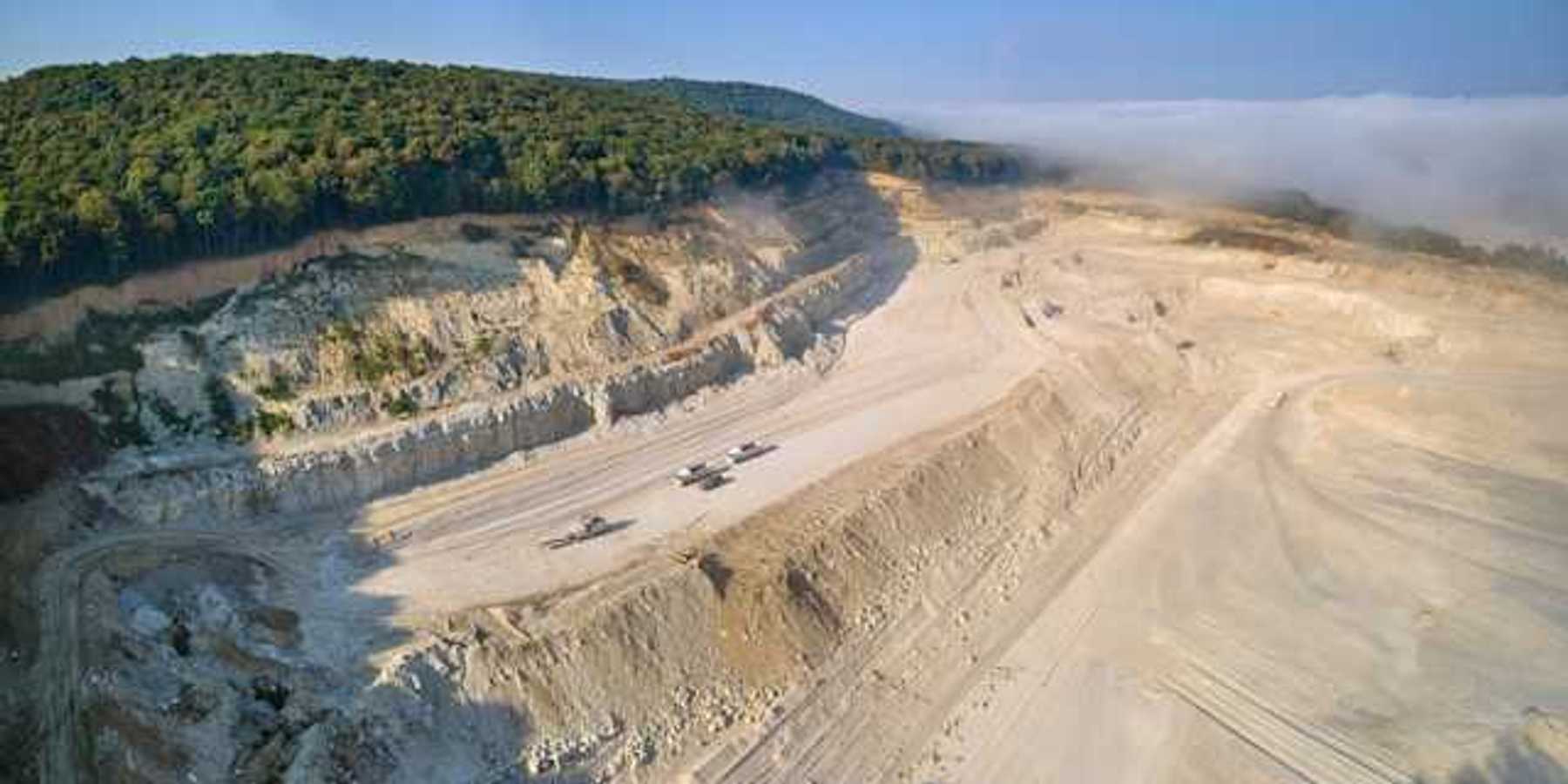Weekend Reader, Sunday March 4
Mind the Gap -- The immense, growing divide between Republicans and Democrats on environment.
American politics have endured a generation of hardening – on race, crime, guns, abortion, immigration, and a raft of hot-button issues.
Each year, the League of Conservation Voters performs the unenviable service of measuring the difference between Congressional Republicans and Democrats on environmental issues.
We're at the point where the difference can hardly grow greater. By the numbers, Democrats in Congress have never been more pro-environment, and Republican have never been more stridently opposed.
LCV has issued its scorecard every year since 1970. For the 2017 session of Congress, they measured 19 Senate and 35 House bills for what they saw as the environmentally "correct" vote. Senate Republicans averaged a 1% score; House Republicans, 5%. Their Democratic counterparts scored 94% and 93%, respectively.
For his first report card, Donald Trump received LCV's first-ever Presidential "F".
As for outliers in the Senate, Joe Manchin, a Democrat facing a tough re-election battle in coal-happy West Virginia, managed 47% this year. Maine Republican Susan Collins led her party with 32%. John McCain, who once championed a climate change bill, pulled an 11%.
In the House, Pennsylvania Republican Brian Fitzpatrick rated a positively freakish 71%—the only GOP member higher than 50%. Fitzpatrick, who represents an affluent district in Philadelphia's northern suburbs, joined the Democratic majority in opposing slashing wilderness protection and EPA's budget and scope.
For the Dems, California's Jim Costa was low man at 31%. Costa represents a portion of the Central Valley farm belt. Rep. Costa joined GOP voters in opposing pesticide restrictions and on a measure that would favor farmers' water rights in California. Mitigating circumstance: Costa missed 10 crucial LCV votes for health reasons. He has a lifetime LCV score of 47%.
In 2017, 170 House and Senate Republicans pulled a zero LCV score. In the group's 1981 scorecard—the first year of the Reagan Revolution to undo "big government"—eight Republicans, all in the House, earned a zero.
The previous year, an up-and-coming Republican from Georgia, Newt Gingrich, outscored another up-and-coming Congressman, Al Gore, by 50% to 35%. And in 1979, a Wyoming Congressman named Dick Cheney scored his career high, 28%.
So what exactly are the prospects that staunch anti-environment, anti-science policy will fade from the Republican canon? Maybe not so good.
Optimists point to the Congressional Climate Solutions Caucus, a carefully-constructed project of the NGO Citizens Climate Lobby. The caucus keeps a strict balance of Republicans and Democrats – currently 31 each – who acknowledge some level of concern about climate impacts.
But critics point out that the Caucus has yet to advance any climate-related legislation. As Mother Jones and Inside Climate News have observed, GOP members of the Caucus average a tepid 16% on the LCV card. And six of the GOP members have announced they're retiring after this session.
Stalwart congressional deniers like Texas Congressmen Blake Farenthold (0% LCV), Joe Barton (6% LCV) and Lamar Smith (0% LCV) are also retiring, but their districts will almost certainly remain in deep Red-State hands.
Beliefs die hard. Climate skeptics and deniers have faded from prominence in most of the world, and to a large extent, in American media and the public square. Some of their last strongholds are in Fox News, conservative radio and websites, Congress, the Cabinet, and the White House—leaving our country both a dangerous outlier and a laughingstock in the world community.
Top Weekend News
Hiroko Tabuchi of the New York Times reports that SUV sales are rising across the planet, which is bad for the planet.
Study says biodiversity crisis is woefully underreported. From Anthropocene.
From Mongabay: Easter Island is known for its mysterious stone carvings, but the remote Pacific Island is now home to a massive marine protected area.
Big Anniversary for Bad Science: It's been 20 years since Andrew Wakefield ignited the autism/vaccines movement with soon-to-be discredited science. Julia Belluz reports for Vox.
A "bomb cyclone" pounds the Northeast U.S., leaving 8 dead. (NBC News)
Indonesia begins to clean up "the world's dirtiest river." (AFP)
Opinions and Editorials
The acclaimed western writer Terry Tempest Williams on the threats to Utah's Red Rock Desert.
From PRI's Living on Earth, Living on Earth, Peter Dykstra and Bobbi Bascomb discuss the curious travels of EPA Administrator Scott Pruitt, a damning report on environmental justice, and why Lake Champlain is a pretty good lake, but not a Great Lake.
Amid the torrent of gloomy news, Long Island's Newsday lists some positive ideas for the environment.
The Tampa Bay Times notes the shockingly warm temperatures at the North Pole.
The New Yorker's Alan Burdick has a good all-points bulletin on the depths of Trump's anti-science policies.
This Week in Trump
President Trump's surprise announcement of tariffs on steel and aluminum imports could be costly to utility-scale solar projects. From GreenTechMedia.
EPA relaxed standards on the herbicide dicamba after reviewing Monsanto-sponsored research, according to federal documents. From The Midwest Center for Investigative Reporting.
Peter C. Wright, a Dow Chemical attorney, is President Trump's pick to head the EPA Office of Solid Waste. From CNN.
Marianne Lavelle, in Inside Climate News, reports on 80 anti-environment riders loaded into the spending bill.
George Orwell, Meet Climate Denial
Veteran coal lobbyist/climate denier Fred Palmer tells us "coal is green."
A Lesson Unlearned on Building on the Coast
A "bomb cyclone" is tearing at the New England coastline again this weekend. In 2015, Beth Daley and Maria Craviotto, then of the New England Center for Investigative Reporting, detailed how vulnerable homes are rebuilt again and again with Federal funds.
Giving a Second Chance to a Really Dumb Idea
Georgia lawmakers are trying again to seize part of the Tennessee river to gain access to water rights. They say maps drawn in the early 19th Century show the river flows into a small slice of Northwestern Georgia. Molly Samuel of WABE radio in Atlanta has the story. (Editor's note: If you're really serious about who owns what in the Southeast, it should be the Cherokees- PD)













